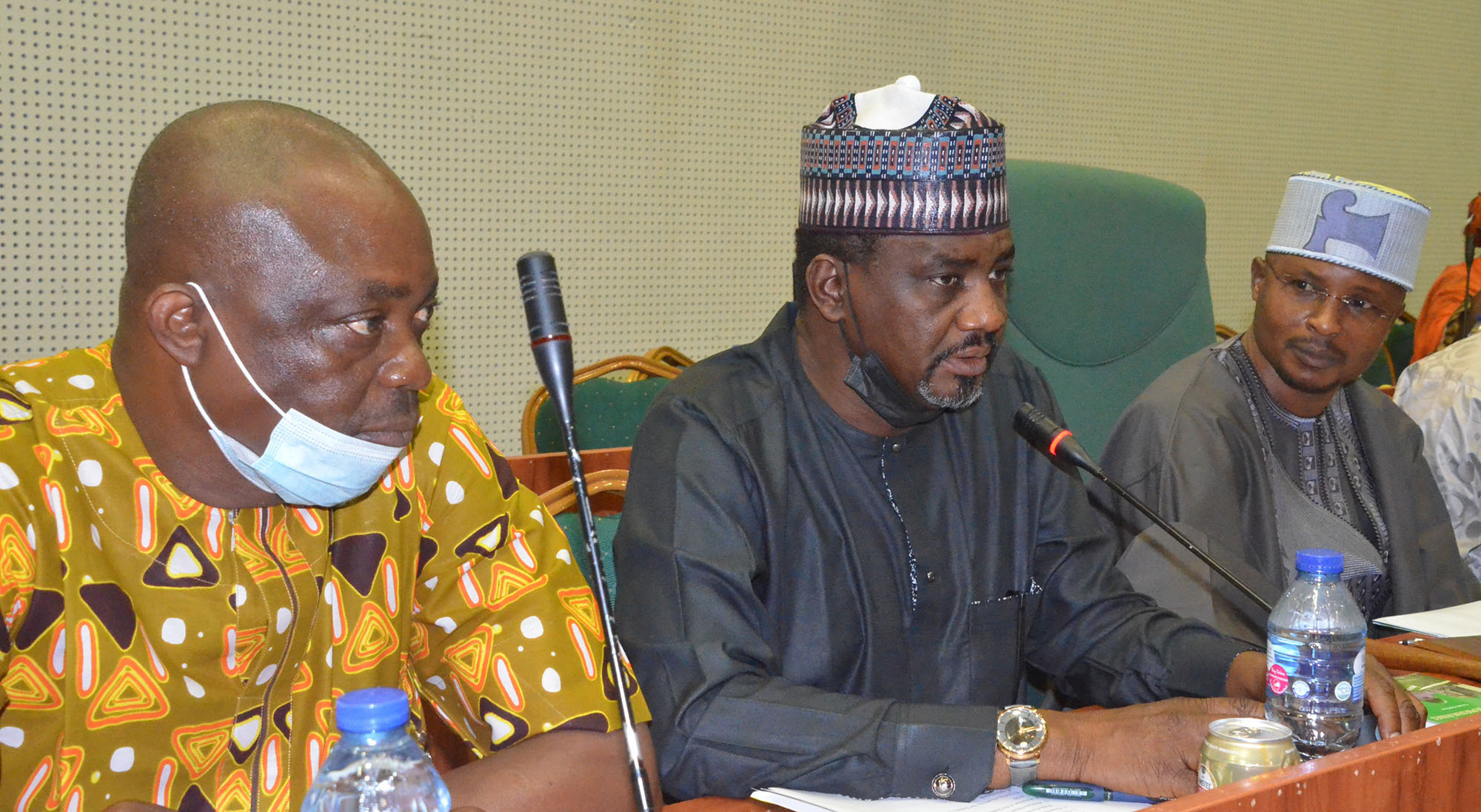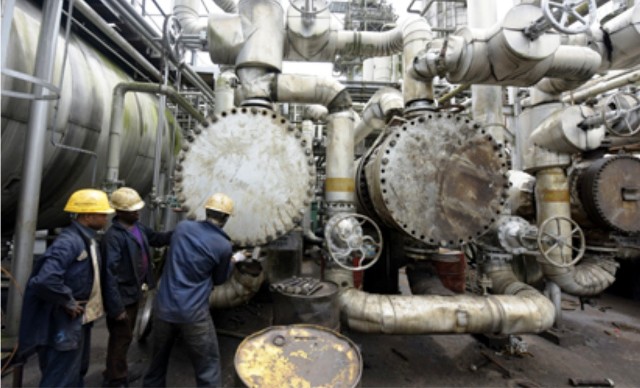Business
NBS Rates Manufacturing Sector High In 2021

The National Bureau of Statistics (NBS), has rated the manufacturing sector of Nigeria high, as the sector recorded a total output of N12.2 trillion in the first half of the year.
Data obtained from the Gross Domestic Product (GDP) report of the NBS shows that aggregate manufacturing output in the first and second quarters stood at N6.1 trillion each.
According to the record, a total output of N12.2 trillion for Q1 2021 represents an increase of N1.1 trillion when compared to the N11.1 trillion recorded in the second half of 2020.
The statistical analysis explained that seven out of 13 sub- sectors of the manufacturing sector recorded positive economic performance between Q2 2020 and Q1 2021, while six sub-sectors experienced a decline in productivity.
The seven sub-sectors that recorded increase in economic performance include cement, from N2trn to N2.5trn; food, beverage and tobacco, from N3.8tn to N4trn; textile, apparel and footwear, from N2.6trn to N3trn; and wood and wood products, from N233.9trn to N235.trn.
Other sub-sectors that had increase are pulp, paper and paper products, from N146.2bn to 162bn; non-metallic products, from N624bn to N752.5bn; and motor vehicles and assembly, from N274bn to N498bn.
The oil refinery subsector recorded a huge decline in productivity within the period under review, from N32.5bn to N13bn.
The other five sub-sectors that recorded decline in output are chemical and pharmaceutical products, from N288.9bn to N275.3bn; plastic and rubber products, from N351.1bn to N307.4bn; electrical and electronics, from N8.3 trn to N7.2bn; basic metal, iron and steel, from N250bn to N200.9bn; and other manufacturing, from N392.7bn to N300.4bn.
From the data, the performance of the manufacturing sector shows resilience amid the major challenges in the sector such as limited access to credit and financial services, poor infrastructure and unreliable power supply that forces businesses to rely on generators, and as such, increasing their input costs and reducing their overall competitiveness and profitability.
Meanwhile, a financial expert , Dr Felix Ebete, has hailed the resilience of the manufacturing sector and its strong performance in the economy, in spite of the negative impact of Covid-19.
Business
IPMAN Wants Marketers To Patronize PH Refinery

Business
Customs To Facilitate Trade, Generate Revenue At Industrial Command

Business
FG To Ban Overloaded Petrol Trucks
-
Business2 days ago
Spill: Shell Shuts Crude Oil Line In Bayelsa
-
Business2 days ago
NIMASA Reviews 16 Maritime Labour Conventions For Seafarers’ Welfare
-
Niger Delta2 days ago
LG Chairman visits Obololi Community, Laments Oil Spill Impact
-
Features2 days ago
Vocational Education And Nigeria’s Economy
-
Nation2 days ago
Abia To Begin Hunt For Out-Of-School Children March 1
-
News2 days ago
Seinye Lulu-Briggs Named Year 2024 African Philantropist
-
Business2 days ago
NIMASA Set To Enhance Revenue Generation … As C4i Grants Access To Surveillance Unit
-
Niger Delta2 days ago
Ogoja State Agitation Gains Momentum In Cross River

